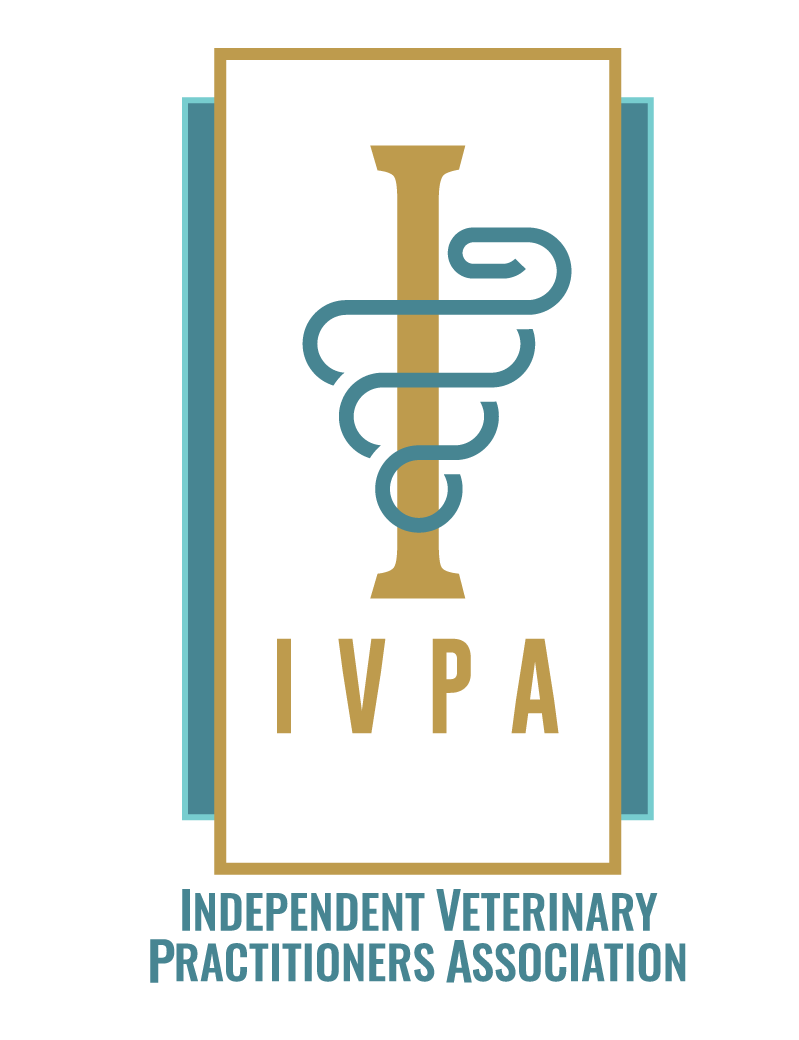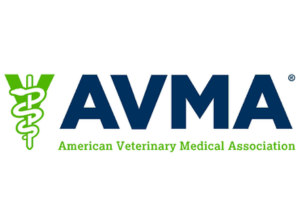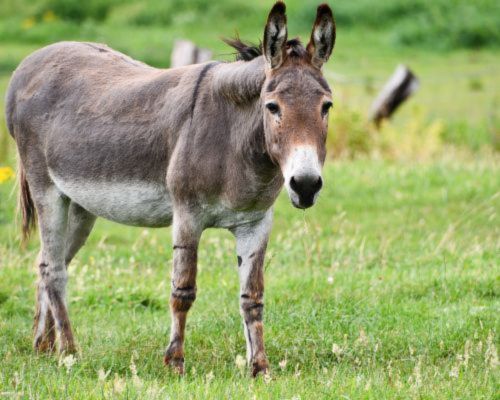Vaccinations
Vaccination alone, without good management practices and biosecurity directed at infection prevention and control, is insufficient to prevent infectious disease transmission.
Vaccinations
A ‘one-size-fits-all’ vaccination program for horses is non-existent. Each unique situation
demands an assessment tailored to your farm’s circumstances. Regular veterinary visits
establish a deep understanding of your animal and farm, enabling us to craft a personalized
vaccine and management plan that perfectly suits your needs.
Vaccinations
Vaccines are delicate compounds that, if handled or administered incorrectly, will be ineffective or neutralized.
Vaccines are administered initially as a two-shot series and then annually or semiannually.
The AVMA defines core vaccinations as those “that protect from diseases that are endemic to a region, those with potential public health significance, required by law, virulent/highly infectious, and/or those posing a risk of severe disease.” Core vaccines have clearly demonstrated efficacy and safety and thus exhibit a high enough level of patient benefit and a low enough risk to justify their use in most patients.
The following equine vaccines meet these criteria and are identified as ‘core’ in these guidelines.
Eastern & Western Equine Encephalomyelitis: Encephalomyelitis is caused by a virus transmitted by mosquitos. The virus causes inflammation of the brain and spinal cord. The vaccine is very effective against the disease. The protection lasts six months. Therefore, we recommend administering the vaccine twice a year (semiannually).
Tetanus Toxoid: Tetanus is a disease caused by a specific toxin of a bacillus (Clostridium tetani), which usually enters the body through wounds. It is characterized by spasmodic contractions and rigidity of some or all of the voluntary muscles (especially of the jaw, face, and neck). The bacteria is found in horse manure. The vaccine is very effective and administered once yearly. The vaccine is boostered in case of lacerations, surgery, or penetrating wounds.
Rabies: Rabies is a viral disease that infects the nervous system of mammals. It is transmitted through contact with the saliva of infected animals. It is 100% fatal. The vaccine is given once yearly and is very effective.
West Nile Virus: West Nile virus is transmitted by mosquitos. The virus causes inflammation of the brain and spinal cord. Because Long Island has a long mosquito season and the vaccine protection lasts 6-7 months, we recommend semiannual vaccination. Horses that travel to Florida should be boostered two weeks before traveling. Veterinarians in problem areas vaccinate 2-4 times per year.
Rhinopneumonitis: Rhinopneumonitis is a herpes virus that causes respiratory infections, abortions, and inflammation of the spinal cord. The vaccine is not 100% effective, and the protection only lasts 10-12 weeks. Pregnant mares should be vaccinated at 3.5, 7, and 9 months from the breeding date. Horses that are traveling to shows, races, sales, etc., should be vaccinated every three months. Pleasure horses that do not travel should be vaccinated twice a year. The vaccine does not protect against the neurologic form of the disease.
Influenza: Influenza is a virus that causes high fever and respiratory infection. The vaccine is not 100% effective, and the protection lasts only 10-12 weeks. Horses traveling to shows, sales, racing events, etc., should be vaccinated every three months. Horses that do not travel should be vaccinated at least twice a year.
Strangles: Strangles is a bacterial disease caused by Streptococcus equi. It is highly contagious and causes the following signs: high fever, abscessed lymph nodes, and respiratory infection. Horses may develop guttural pouch infections, sinus infections, purpura hemorrhagica, laryngeal paralysis, and bastard strangles. There is an intranasal vaccine that is more effective than the intramuscular vaccine. The vaccine is given once a year except in endemic barns (that have frequent outbreaks), where semiannual vaccination is recommended.





